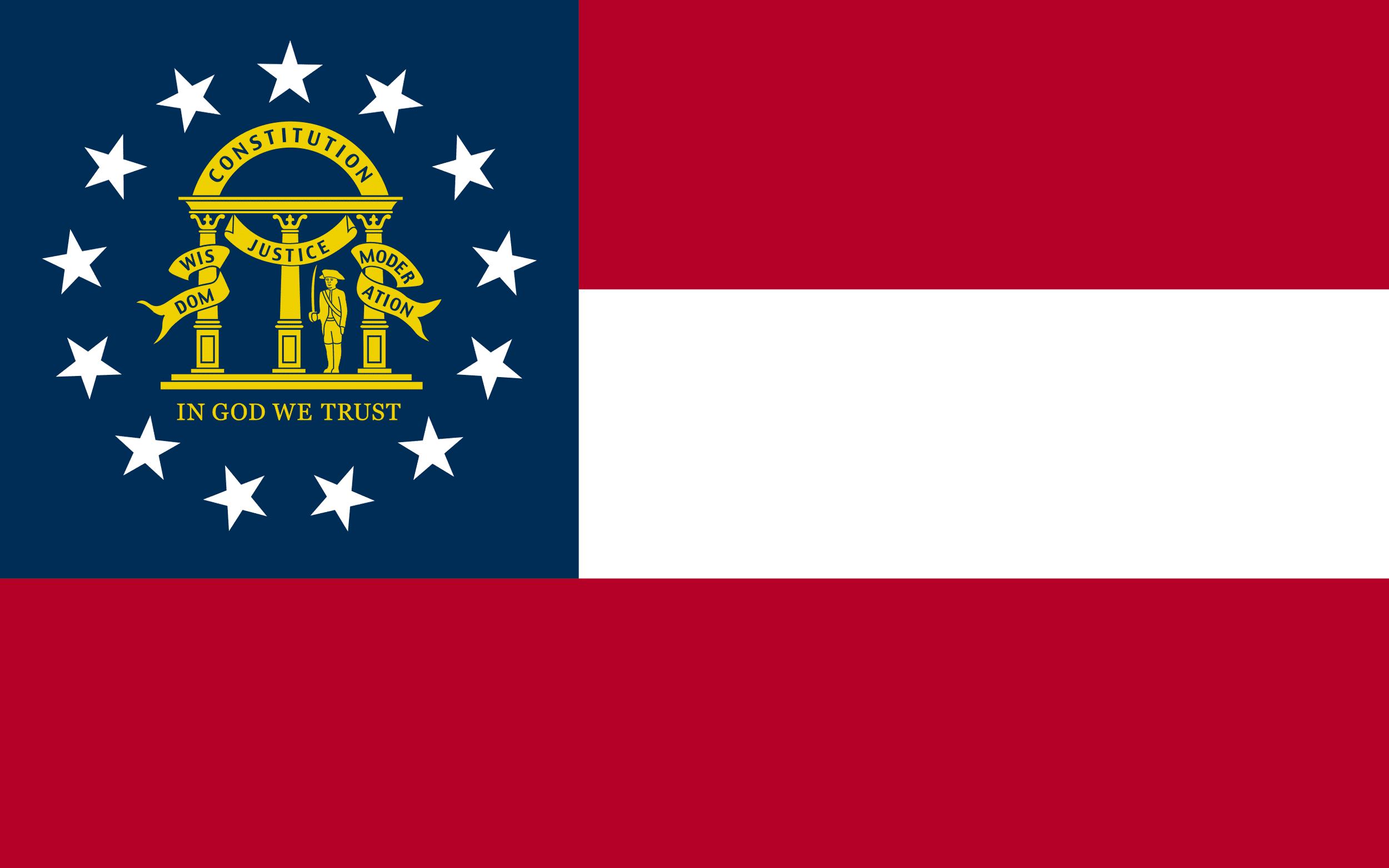Whether you’re researching family history, paying respects to a loved one, or simply trying to locate a final resting place, finding a grave in Georgia doesn’t have to be difficult. With the right tools and a little local knowledge, you can often track down what you need from the comfort of your home—or with a visit to the right cemetery office.
1. Start With What You Know
Gather whatever details you can before you begin searching. The more you have, the better:
-
Full name (including maiden names, if applicable)
-
Date of birth and date of death (even rough estimates help)
-
County or city of residence
-
Religious affiliation (some cemeteries are affiliated with specific churches or synagogues)
Even small clues—like the name of a nearby town or a family member who’s buried nearby—can help you narrow your search.
2. Use Online Grave Databases
There are several free, searchable databases that make grave-hunting a whole lot easier. Some of the best for Georgia include:
Find a Grave (www.findagrave.com): One of the largest grave databases online, with millions of records. You can search by name and narrow by location, including specific counties in Georgia.
BillionGraves (www.billiongraves.com): Similar to Find a Grave but with GPS-tagged burial sites and a mobile app for grave hunters.
Georgia USGenWeb Archives: Many local genealogy groups contribute cemetery transcriptions to this volunteer-run project. It’s a little old-school in appearance, but you can find hand-typed lists from churchyards and family cemeteries that aren’t in the bigger databases.
3. Contact the Cemetery Directly
If you know the cemetery but can’t find the grave online, call or visit the cemetery office. Most public and private cemeteries keep a burial log and can provide a plot number and section map. For smaller or older cemeteries without staff, try contacting the local county clerk or the historical society.
In Georgia, cemetery oversight is mostly local, but here are a few helpful contacts:
-
County Probate Court: Handles estate matters and may have burial permits.
-
Local Funeral Homes: Especially if you know where the person lived, a nearby funeral home might have handled the arrangements and can point you in the right direction.
-
Church Offices: For church-affiliated cemeteries, call the church itself. Records are often still kept on-site.
4. Try the Georgia Archives and Local Libraries
The Georgia Archives has death records, cemetery books, and microfilm that may help. Some county libraries have obituary indexes or historical cemetery maps that don’t exist online. If you’re searching in a rural area, this step can be especially helpful.
5. Visit in Person
If all else fails or you just want to walk the grounds yourself, visit the cemetery. Bring a copy of any plot number or section info you’ve found. Older headstones may be weather-worn or missing altogether, so leave time to walk and scan.
If you’re unsure whether a grave has a marker, don’t assume it isn’t there—some family plots never received headstones, but records may still exist.
6. Be Respectful
Whether you’re visiting a churchyard or a city-run cemetery, remember it’s a sacred space. Stick to marked paths, don’t disturb headstones, and check hours if you plan to visit in person. And if you find what you’re looking for, consider photographing it and uploading it to Find a Grave or BillionGraves to help others in the future.
Bonus Tip: Ask the Locals
If you’re in a small town or rural area in Georgia, talk to longtime residents. Many small family cemeteries aren’t marked on GPS or even listed officially, but folks in the community might know right where to send you.
If you have feedback, questions, or ideas for future articles or Information Hubs, please contact us. Your insights help us create valuable content.


